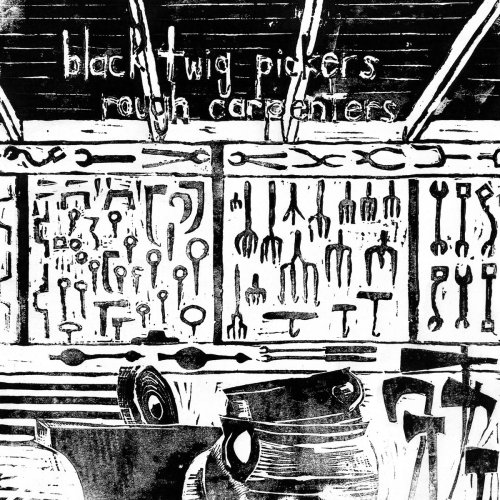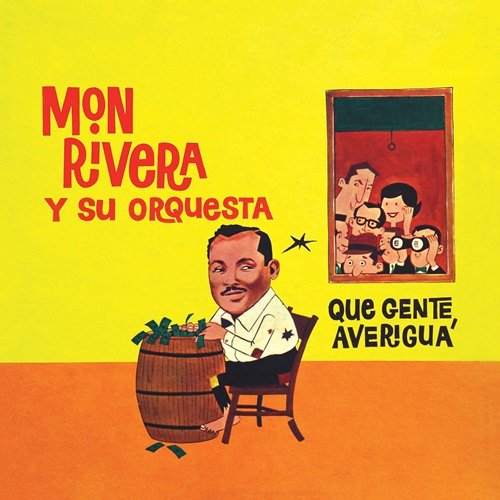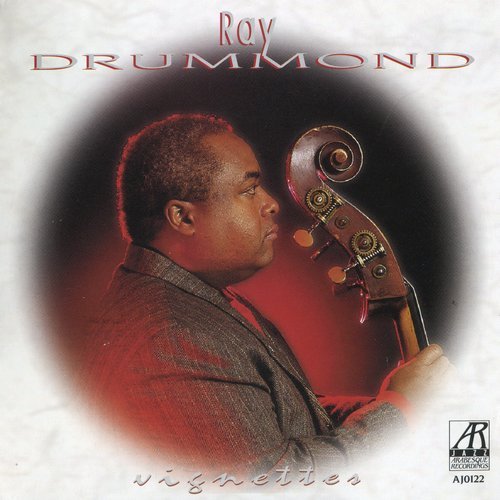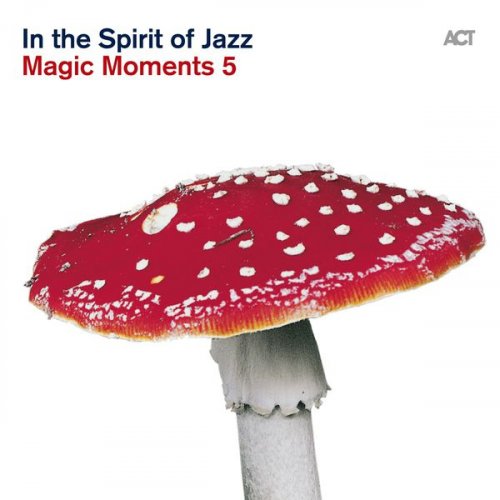The Black Twig Pickers - Rough Carpenters (2013)

Artist: The Black Twig Pickers
Title: Rough Carpenters
Year Of Release: 2013
Label: Thrill Jockey – THRILL 309
Genre: Folk, Americana, Bluegrass, Roots
Quality: Mp3 320 kbps / FLAC (tracks+.cue, log)
Total Time: 45:21
Total Size: 105 / 297 MB
WebSite: Album Preview
Tracklist:Title: Rough Carpenters
Year Of Release: 2013
Label: Thrill Jockey – THRILL 309
Genre: Folk, Americana, Bluegrass, Roots
Quality: Mp3 320 kbps / FLAC (tracks+.cue, log)
Total Time: 45:21
Total Size: 105 / 297 MB
WebSite: Album Preview
1. Blind Man's Lament (02:47)
2. Rough Carpenters (02:40)
3. Little Rose (02:44)
4. Banks Of The Arkansas (02:54)
5. Elkhorn Ridge (02:36)
6. The Poplar Pole (03:52)
7. Where The Whippoorwills Are Whispering Goodnight (03:28)
8. You Play The High Card And I'll Play The Ace (03:30)
9. Old Christmas Morning (02:13)
10. Roll On John (02:12)
11. Jack Of Diamonds (04:03)
12. Charleston Girls (03:19)
13. Sift The Meal And Save The Bran (04:29)
14. I Can't Stay Here By Myself (04:34)
The Black Twig Pickers are a group defined by their forward thinking approach to a type of music most often associated with times gone by. Over the course of eight full-length records, including collaborative releases with Jack Rose and Charlie Parr, a split LP with Glenn Jones, and numerous EPs and singles, the group has established itself as a collection of dedicated practioners of old time music re-cast and shaped by their appreciation of modern improvisation, drone, and punk. While not at odds with the experimental scene that has fostered them or the old time circles they travel in, The Black Twig Pickers thrive in the in-betweenness of those two worlds, proving that the exploration of the outmost bounds of sound and the exploration of decades old tradition and community aren’t as different as one might think.
Rough Carpenters, which was recorded in the same two-day session as 2012’s Whompyjawed EP, can be seen as an inward-gazing foil to that EP’s long-form hoedown epics. With the addition of Sally Anne Morgan on fiddle to the trio of Mike Gangloff, Isak Howell, and Nathan Bowles, dance has become a more prominent part of the group’s formula. It wasn’t until Morgan joined the band that the band actually began to dance onstage. Also, on this album the group strays a bit farther outside their intensely local Southwest Virginia tradition than earlier records, incorporating a few more tunes with origins in Kentucky (“Banks of the Arkansas”) and West Virginia (“Little Rose”). The group’s repertoire is constantly growing as they turn to first-person sources, older musicians that were brought up in the old time scene and in some cases the children and families of deceased respected practitioners, and unreleased archival recordings passed among musicians. And while local and regional history is ever present in the music The Black Twig Pickers play, they turn songs that are many decades old into living artifacts, released from the restrictions of era by the personal convictions of the musicians.
This spirit of ecstatic abandon is conveyed through the percussive elements of The Black Twig Pickers’ music and more importantly, through a spontaneity and an unrehearsedness the band wears as a badge of pride. As Gangloff explains, “It’s not the melody, it’s the moss.” The sharp twang of the banjo, a spontaneous holler, a foot stomping along in time, and other seemingly incidental sounds become all important. Like the band’s previous Thrill Jockey full-length Ironto Special, Rough Carpenters was recorded with absolutely no overdubs and in as few takes as possible. The Black Twig Pickers are indeed rough carpenters, building unpolished but finely crafted records that embody the spirit of a timeless old-time scene.
Rough Carpenters, which was recorded in the same two-day session as 2012’s Whompyjawed EP, can be seen as an inward-gazing foil to that EP’s long-form hoedown epics. With the addition of Sally Anne Morgan on fiddle to the trio of Mike Gangloff, Isak Howell, and Nathan Bowles, dance has become a more prominent part of the group’s formula. It wasn’t until Morgan joined the band that the band actually began to dance onstage. Also, on this album the group strays a bit farther outside their intensely local Southwest Virginia tradition than earlier records, incorporating a few more tunes with origins in Kentucky (“Banks of the Arkansas”) and West Virginia (“Little Rose”). The group’s repertoire is constantly growing as they turn to first-person sources, older musicians that were brought up in the old time scene and in some cases the children and families of deceased respected practitioners, and unreleased archival recordings passed among musicians. And while local and regional history is ever present in the music The Black Twig Pickers play, they turn songs that are many decades old into living artifacts, released from the restrictions of era by the personal convictions of the musicians.
This spirit of ecstatic abandon is conveyed through the percussive elements of The Black Twig Pickers’ music and more importantly, through a spontaneity and an unrehearsedness the band wears as a badge of pride. As Gangloff explains, “It’s not the melody, it’s the moss.” The sharp twang of the banjo, a spontaneous holler, a foot stomping along in time, and other seemingly incidental sounds become all important. Like the band’s previous Thrill Jockey full-length Ironto Special, Rough Carpenters was recorded with absolutely no overdubs and in as few takes as possible. The Black Twig Pickers are indeed rough carpenters, building unpolished but finely crafted records that embody the spirit of a timeless old-time scene.

![Manu Delago & Max ZT - Deuce (2026) [Hi-Res] Manu Delago & Max ZT - Deuce (2026) [Hi-Res]](https://img.israbox.com/img/2026-02/19/v5s18xsisjkqnsg5od9qlgck5.jpg)
![Gonzalo Mazzutti - Lo que nos une (2026) [Hi-Res] Gonzalo Mazzutti - Lo que nos une (2026) [Hi-Res]](https://www.dibpic.com/uploads/posts/2026-02/1771563491_cover.jpg)
![Dominique Fils-Aimé - My World Is The Sun (2026) [Hi-Res] Dominique Fils-Aimé - My World Is The Sun (2026) [Hi-Res]](https://www.dibpic.com/uploads/posts/2026-02/1771404623_folder.jpg)


![Aaron Quinn - To Be Held (2026) [Hi-Res] Aaron Quinn - To Be Held (2026) [Hi-Res]](https://img.israbox.com/img/2026-02/20/zmwyd3pc4g0fv5hzoz5kht5h3.jpg)

